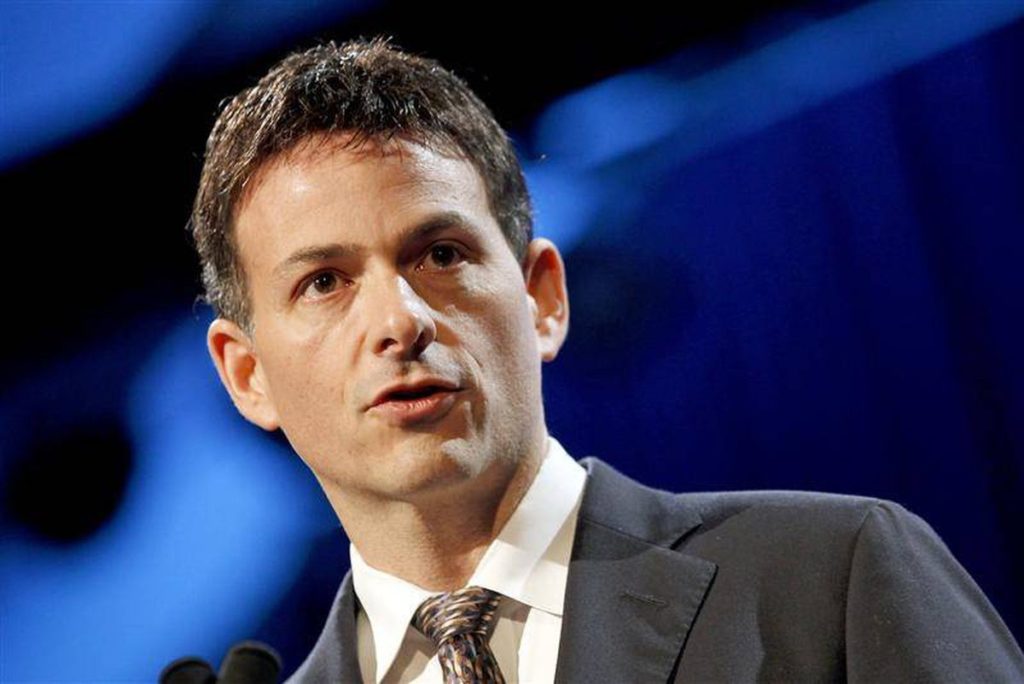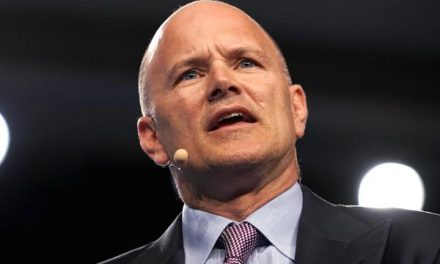David Einhorn shares his insights into the current market environment, which is seeing a renewed interest in value investing in the twilight zone of near-zero interest rate policy. The Nasdaq is in freefall, 13,163, down over 20% from its 52 week high of 16,767 and deep in bear territory on the Ukrainian crisis.
But we would like to remind readers that a few years ago, during the global economic lockdown stocks experienced a bull run, fuelled by central bank liquidity.


“The Nasdaq is in freefall, 13,163, down over 20% from its 52 week high of 16,767 and deep in bear territory on the Ukrainian crisis”
WEALTH TRAINING COMPANY
So central bank liquidity has more to do with the trajectory of stock prices than the latest geopolitical crisis in eastern Europe,
Nevertheless, the latest mainstream headline reports a full-scale invasion of Ukraine, with some pundits warning about the potential of a broader conflict breaking out in Europe. So, all this is creating an energy shock with crude oil at 103.28 USD and natural gas prices hitting a record high in China.
Moreover, the energy oil shock has been made worse due to a policy shift to green energy, which has caused a six year decline in hydrocarbon CAPEX.
Given the latest energy shock, David Einhorn shares his insights on inflationary pressures, which are contrarian to that of other analysts
In a few words, David Einhorn doesn’t see transitory inflation and thinks it is embedded.
Embedded inflation was a term that arose in the 1970s when high inflation persisted for several years, and multi-year wage agreements incorporated future inflation. By 1980 inflation had risen to 13.5%, and the Federal Reserve raised interest rates to a peak of 20% to squeeze out embedded inflation.

“the energy oil shock has been made worse due to a policy shift to green energy, which has caused a six year decline in hydrocarbon CAPEX”
WEALTH TRAINING COMNPANY
David Einhorn said he wouldn’t be surprised if inflationary pressures persisted for longer than the Street presently expects. Instead of being “transitory” like the Fed expects, inflation could become “embedded”.
“I think there’s a range of outcomes…but I think there’s much more uncertainty than that. Some prices might come down like used car prices…but others seem like they might go higher,” said David Einhorn.
“New life insurance data from Aegon shows an increase of over 258% in benefit payouts in post-vaccine 2021 vs. a year earlier” – Vaccinedeaths.com
David Einhorn shares his insights on inflation, noting that inflationary pressures feed on themselves, creating a vicious circle
“It’s not clear to me that inflation comes down at this point. Inflation could become embedded. I don’t know how to handicap it. Everybody agrees that inflation has to come down, but nobody agrees how far it has to come down,” said David Einhorn.
So as inflationary pressures move from being transitory to embedded, David Einhorn shares his insights on how he is playing it.
“Our portfolio is pretty well set up for higher and more sustained inflation. Not necessarily every month, we have commodities, we have energy, we have a life insurance company that will benefit from higher long rates.”
But the latter is a caveat, bearing in mind that
“New life insurance data from Aegon shows an increase of over 258% in benefit payouts in post-vaccine 2021 vs. a year earlier,” according to Vaccinedeaths.com
Another policy run amuck?
















